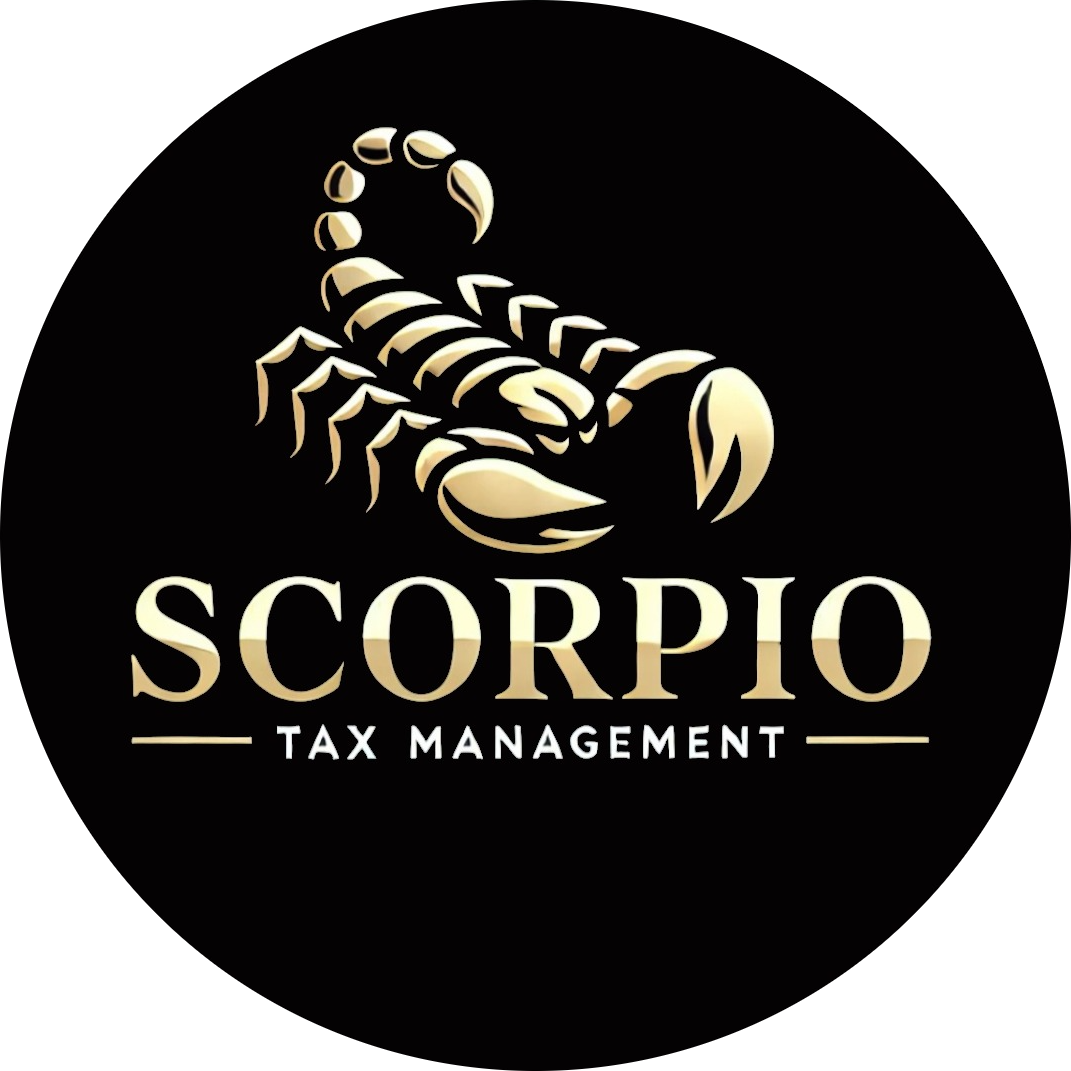Best Practices for S-Corp Owners:
Payroll Processing and Tax Compliance
S-corporations offer substantial tax advantages for business owners, but with those benefits comes responsibility—especially when it comes to payroll and payroll tax compliance. Improper handling of payroll can lead to IRS scrutiny, penalties, and the loss of S-Corp status. This guide outlines the best practices that S-Corp owners should follow to ensure compliant and efficient payroll operations.
Write to Tax@S-CorpTax.com, or call (858) 779-4125.
Own an S-Corporation? Order your own Reasonable Compensation Report here to set an appropriate salary for yourself.
Payroll Processing
1. Understanding Reasonable Compensation Requirements
One of the most critical compliance issues for S-Corp owners is the requirement to pay themselves a "reasonable salary" for services performed. The IRS scrutinizes this issue carefully because S-Corp profits passed through to shareholders are not subject to self-employment taxes, while wages are.
Key Guidelines:
Establish a defensible salary: Base compensation on industry standards, job duties, experience, geographic location, and time devoted to the business.
Document the basis: Keep supporting evidence such as salary surveys, job descriptions, and time logs.
Avoid token salaries: Low or symbolic salaries are red flags to the IRS.
2. Use a Payroll Service or Software
Even for a single-owner S-Corp, managing payroll manually increases the risk of calculation errors and missed deadlines.
Recommended Practices:
Automate payroll filings: Use a payroll provider that can file IRS Forms 941, 940, W-2, and W-3 on your behalf.
Schedule federal and state deposits automatically: Missing deposit due dates triggers penalties.
Track payroll deductions: Accurately withhold and remit federal income tax, Social Security, Medicare, and state/local taxes.
Popular payroll platforms for S-Corp owners include:
Gusto
ADP Run
QuickBooks Payroll
Patriot Payroll
3. Withholding and Employer Payroll Tax Responsibilities
S-corp owners acting as employees must have proper withholdings. The corporation must also pay the employer portion of FICA taxes.
S-corp Payroll Tax Responsibilities:
Withhold from employee paycheck:
Federal income tax (based on Form W-4)
Social Security (6.2%)
Medicare (1.45%)
Employer matches:
Social Security (6.2%)
Medicare (1.45%)
Additional taxes may apply in certain states (e.g., state unemployment tax).
4. Make Timely Payroll Tax Deposits
Failure to remit payroll taxes is considered a serious violation. The IRS can impose penalties up to 100% of unpaid taxes under the Trust Fund Recovery Penalty rules.
Deposit Guidelines:
Form 941 taxes (quarterly): Deposit monthly or semi-weekly, depending on your deposit schedule.
Form 940 (federal unemployment): Typically deposited quarterly if liability exceeds $500.
Use EFTPS.gov: All federal payroll tax deposits must be made electronically.
5. File Required Payroll Forms on Time
Compliance includes not just collecting and paying taxes, but also submitting the correct filings.
Important Deadlines:
Form W-2 to employees: January 31
W-2/W-3 to SSA: January 31
Form 940 & 941: As specified quarterly/annually
6. Maintain Payroll Records
Recordkeeping is essential for audits, compliance, and correcting errors. The IRS requires employers to keep records for at least four years.
Maintain Records For:
Gross wages
Withholding amounts
Payroll tax deposits
Tax forms filed
Time worked and benefits accrued
7. Consider Reasonable Salary Adjustments Annually
Market conditions, business growth, and changes in the owner’s role may necessitate a salary adjustment. Annual reviews and adjustments help maintain compliance and reduce audit risk.
Annual Review Checklist:
Compare with updated industry compensation benchmarks
Assess time commitment to the business
Document changes in duties or business size
8. Avoid Common Mistakes
Mistakes to Avoid:
Paying shareholder distributions without wages
Failing to issue a W-2 to yourself as owner-employee
Missing tax deposit deadlines
Misclassifying workers as independent contractors
Ignoring state-specific payroll requirements
9. Consult a Tax Professional or Enrolled Agent
For S-Corp owners, payroll intersects with income tax planning, retirement contributions, and corporate compliance. A qualified tax advisor can:
Help determine a defensible salary
Oversee proper payroll processing
Advise on tax-efficient compensation structures (e.g., salary vs. distributions)
Ensure all required federal and state filings are made timely
Firms like Scorpio Tax Management specialize in payroll and compliance for small S-corps, offering proactive advice tailored to owner-employees and ensuring all documentation is in order in case of audit.
Don’t attempt to handle your tax situation all by yourself… work with professionals!
The trouble and money a good tax strategist can save you often pays off right away.
Scorpio Tax Management can help you. There’s no cost to have a first conversation.
We are Enrolled Agents, licensed directly by the IRS to advise and represent taxpayers.
Scorpio Tax Management can assist High Income Earners and Business Owners in all 50 states
Please write us at Tax@S-CorpTax.com, or call (858) 779-4125. You can also schedule a call in advance HERE.
California
We assist business owners in all the following California cities and their surrounding areas:
San Francisco, including Marin County (Sausalito, Mill Valley, Tiburon), Silicon Valley (Palo Alto, Menlo Park, Mountain View), and the entire East Bay (Oakland, Berkeley, Fremont).
Paso Robles, including Atascadero, San Luis Obispo, Morro Bay, and all other parts of the Central Coast.
Santa Barbara, including Buellton, Santa Ynez, Montecito, Ventura, Oxnard, and Carpinteria.
Los Angeles, including Malibu, Santa Monica, Beverly Hills, Hollywood, South Bay (Manhattan Beach, Redondo Beach), and Pasadena.
Orange County, including Anaheim, Huntington Beach, Newport Beach, Irvine, Laguna Beach, and Costa Mesa.
San Diego, including Del Mar, La Jolla, Rancho Santa Fe, Encinitas, Oceanside, and Carlsbad.
Palm Springs, including Palm Desert, Rancho Mirage, Indio, La Quinta, and all other parts of the Coachella Valley.
Florida
We serve business owners across Florida’s vibrant cities and regions, from bustling urban centers to coastal communities:
Miami, including Miami Beach, Coral Gables, Coconut Grove, Key Biscayne, and the greater Miami-Dade County area.
Fort Lauderdale, including Hollywood, Pompano Beach, Weston, Davie, and all of Broward County.
West Palm Beach, including Boca Raton, Delray Beach, Jupiter, Palm Beach Gardens, and the entire Palm Beach County area.
Tampa, including St. Petersburg, Clearwater, Sarasota, Bradenton, and the broader Tampa Bay region.
Orlando, including Winter Park, Kissimmee, Lake Buena Vista, Celebration, and the greater Central Florida area.
Jacksonville, including St. Augustine, Ponte Vedra Beach, Amelia Island, and all of Duval and St. Johns Counties.
Naples, including Marco Island, Bonita Springs, Estero, and the entire Collier County and Southwest Florida region.
Nevada
Our tax services extend to Nevada’s key business hubs and surrounding communities, supporting entrepreneurs in a tax-friendly state:
Las Vegas, including Henderson, Summerlin, North Las Vegas, Boulder City, and the entire Clark County area.
Reno, including Sparks, Carson City, Truckee, and the broader Washoe County and Northern Nevada region.
Lake Tahoe (Nevada side), including Incline Village, Stateline, Zephyr Cove, and the surrounding South Lake Tahoe area.
Henderson, including Green Valley, Anthem, Seven Hills, and nearby communities in the Las Vegas Valley.
Elko, including Spring Creek, Carlin, and the greater Northeastern Nevada region.
Mesquite, including St. George (nearby Utah border), Bunkerville, and the Virgin Valley area.
Pahrump, including Nye County and surrounding rural communities west of Las Vegas.
Tennessee
We support business owners in Tennessee’s dynamic cities and regions, from music hubs to growing entrepreneurial centers:
Nashville, including Franklin, Brentwood, Hendersonville, Murfreesboro, and the greater Davidson and Williamson County areas.
Memphis, including Germantown, Collierville, Cordova, Bartlett, and the broader Shelby County region.
Knoxville, including Farragut, Maryville, Oak Ridge, Sevierville, and the entire East Tennessee area.
Chattanooga, including Lookout Mountain, Signal Mountain, Hixson, and the surrounding Hamilton County and Southeast Tennessee region.
Clarksville, including Hopkinsville (nearby Kentucky border), Springfield, and the greater Montgomery County area.
Johnson City, including Kingsport, Bristol, Elizabethton, and the Tri-Cities region of Northeast Tennessee.
Gatlinburg, including Pigeon Forge, Sevierville, and the Smoky Mountains area, catering to tourism-driven businesses.
We are not limited to the above states… Reach out to us! Our contact info is below.









